Vinegar, a common ingredient in cooking, is gaining popularity as a natural weed killer. Weed control chemicals are extremely harmful to the environment and human health, vinegar is an environmentally friendly and effective solution. This article will explore theuse of vinegar as a natural herbicidehighlighting its benefits, methods of application and considerations to keep in mind for its correct use.
We’ll discover how vinegar can be a valuable ally in the fight against unwanted weeds, offering a sustainable solution to help keep a garden healthy and free of harmful chemicals.
Why does vinegar work as a natural herbicide?
Vinegar works as a natural herbicide mainly due to its acidity. The acetic acid present in vinegar harms unwanted plants in several ways. First, the acidity of vinegar can burn and dry weed leaves, reducing their ability to absorb water and nutrients. This leads to plant death within a few days.
Additionally, vinegar alters the pH of the soil surrounding the weeds, creating a hostile environment for unwanted plant growth. Most herbaceous plants prefer soils with neutral or slightly acidic pHbut vinegar increases the acidity of the soil, making it less conducive to germination and weed growth.
It is important to note that vinegar works best on annual weeds or small young plants. Deep-rooted perennials may require repeated applications or other strategies to be completely eliminated.
A significant benefit of using vinegar as a natural weed killer is its eco-friendly nature. Unlike synthetic chemicals, vinegar is safe for the environment and people, does not pollute soil or groundwater, and poses no risk to human health or pets.
However, it is important to use vinegar with caution and reasonableness. The concentration of vinegar in the soil also harms desired plants, such as vegetables, flowers or grass in your garden.
So how to use vinegar as a natural weed killer?
How to use vinegar correctly?

Vinegar is not a selective herbicide. For this reason it is more suitable for eliminating weeds on sidewalks, low walls and in concrete gaps than for use in vegetable gardens or in gardens with healthy crops. In fact, vinegar also damages cultivated plants if it comes into contact with them.
In sidewalks, low walls and concrete crevices, vinegar can be an effective and environmentally friendly option for eliminating annoying unwanted weeds. Its acidic nature damages the leaves and roots of the plants, making it easier to remove them manually or dry them out completely.
When using vinegar on these non-vegetable surfaces, it is important to pay attention to splashes and make precise applications, so as to avoid the vinegar coming into contact with cultivated plants or other sensitive surfaces. Furthermore, it is advisable to apply the vinegar on windless days to avoid unwanted dispersion on plants or surrounding surfaces.
In summary, vinegar can be an appropriate choice for eliminating weeds on sidewalks, low walls and concrete crevices, where contact with healthy crops is non-existent. However, it is important to pay attention to the correct application and precautions to avoid accidental damage to cultivated plants or other surfaces.
Are there types of vinegar that are more or less effective as a herbicide?

There are some types of vinegar that may be more effective than others for use as a natural weed killer. Choosing the type of vinegar mainly depends on its concentration of acetic acid, which is the key element that damages weeds.
Classic wine vinegar, generally available on supermarket shelves, has an acetic acid concentration between 4% and 7%. This type of vinegar may be effective on young plants or small herbaceous covers, but may not be as potent on stubborn weeds or larger infestations.
If you want a more concentrated and potent vinegar, you can opt for unfiltered apple cider vinegar. This variety of vinegar often has an acetic acid concentration above 7%, up to 10% or more. Unfiltered apple cider vinegar is especially popular for use as a weed killer, as it also contains additional substances, such as malic acid, that can help fight weeds more effectively.
Additionally, there are specific commercial products that contain agricultural grade vinegar, which can have an even higher concentration of acetic acid, up to 20% or more. These products may be more powerful in controlling resistant or persistent weeds. Here you can find an example.
It is advisable to carefully follow the instructions on the product labels.
Should vinegar be used pure or diluted as a herbicide?
Using vinegar as a natural herbicide may require either applying pure vinegar or using a diluted solution, depending on the circumstances and the plants to be eliminated.
For young weeds, diluted vinegar may be sufficient and effective. The vinegar-water mixture is applied directly to the weed leaves, focusing on the green parts of the plants. A solution of vinegar diluted 50% with water can be an adequate starting point.
If you want to use vinegar on more resistant weeds, it is advisable to use pure vinegar, without diluting it with water. Dilution can reduce the concentration of acetic acid and make the treatment less effective.

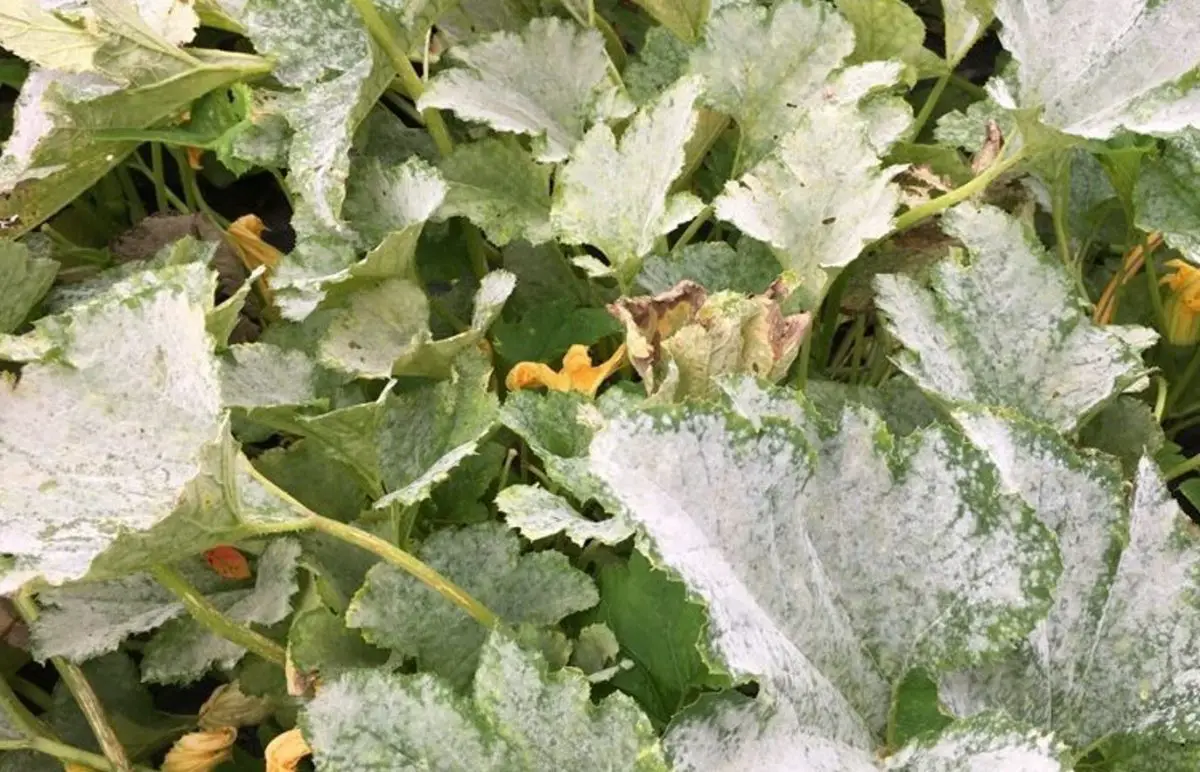
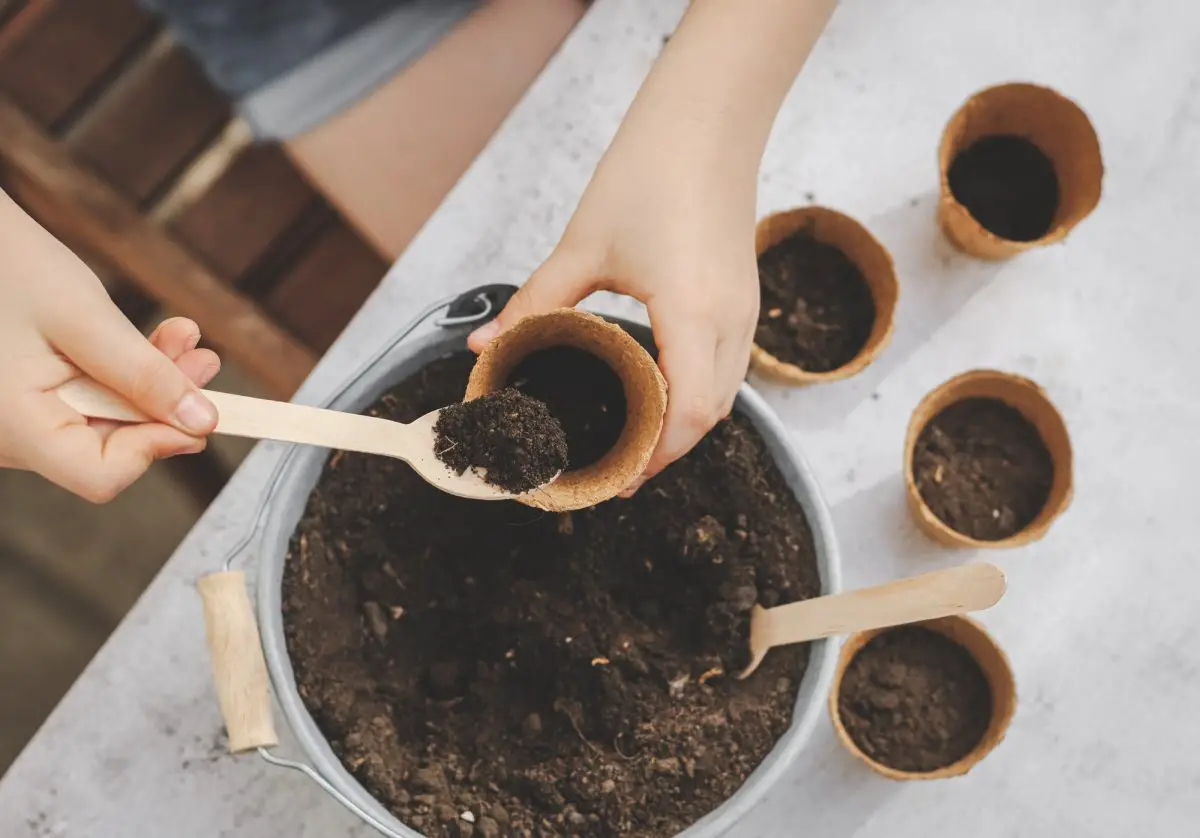
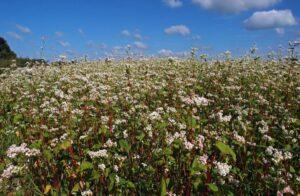

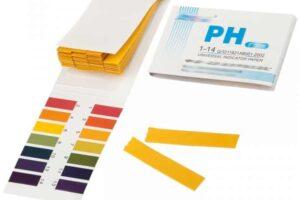
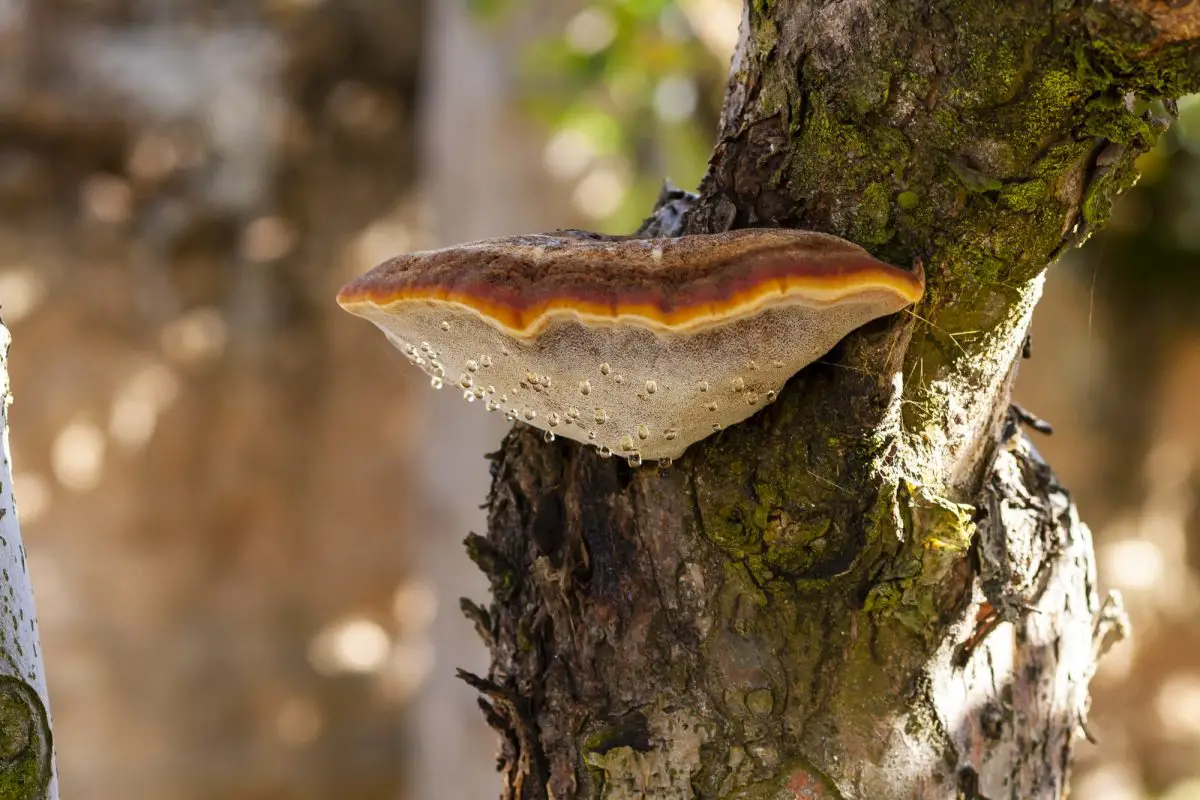
Start a new Thread